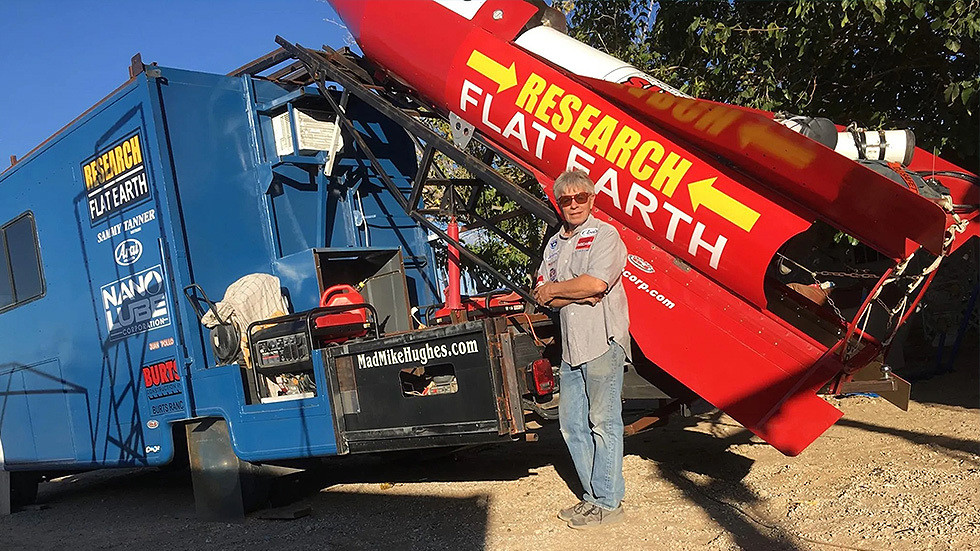newuser23
Padawan Learner
Good point! Belief is a fundamental aspect of how we perceive the world. We cannot 'not believe'. It is a basic part of our subjective nature. Sure, we can question our outer most beliefs, but believing we 'don't believe' is a belief in itself, and not an accurate one! The other thing is we operate on very deep subconscious beliefs, or as the C's have called it the 'belief center'. Knowing these beliefs takes time and effort, and adjusting them seems to take pretty specialized knowledge and effort. This is a bit like the elephant in Jonathan Haidt's analogy in how we are driven toward decisions, choices, thoughts, etc.
An interesting phenomena with flat earth and related topics is how people are unquestioningly questioning things. It's like the saying goes, 'keep an open mind, but not so open that your brains fall out'. We have to be critical of our own critiques. This is especially important when it comes to getting into conspiracy theories, the paranormal, self improvement, liberalism, revolution, etc. These are areas that seek disintegration. This is a needed process for development, but it actually causes damage left unchecked.
"We cannot 'not believe'. It is a basic part of our subjective nature."
This is what I meant by DNA memory and it's trauma.
The word believe has only been in the English dictionary since around 1125
Origin of belief
1125–75; earlier bile(e)ve (noun use of v.); replacing Middle English bileave, equivalent to bi- be- + leave; compare Old English gelēafa (cognate with Dutch geloof, German Glaube; akin to Gothic galaubeins )
Origin of believe
1150–1200; Middle English bileven, equivalent to bi- be- + leven, Old English (Anglian) gelēfan (cognate with Dutch gelooven, German glauben, Gothic galaubjan )
I think perhaps peoples and cultures could have a subjective nature before the concept of belief came along.
"but believing we 'don't believe' is a belief"
Yes I agree, but a person can also know that they do not believe, can a person choose to not believe.
So if we can have good beliefs, can a person choose to believe only if he is certain the belief is good?
Does a belief have certainty? How can we avoid bad or false beliefs, just discernment?
I pick up a roll of tissue paper. I don't have to believe anything about the tissue paper. I know how it feels. I know how it smells. I know how to make it. Everything in this room is has the same qualities. If I know it, I do not have to believe it. If I don't know it I can admit that instead of believing.
This remains the same for the intangible.
Have you ever seen or experienced something impossible?
Why believe after seeing or experiencing something impossible?
If the impossibly good things can happen, wouldn't believing in the possible limit yourself?
Believe for the expectation and anticipation? Nah.
I think knowing outranks belief every time.
I would like to thank the group for providing me with insight, thoughts, and a place to sort this thing out.


 , but at least we can have a chuckle.
, but at least we can have a chuckle.